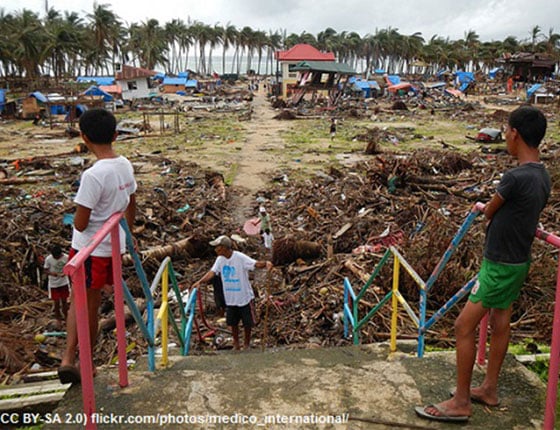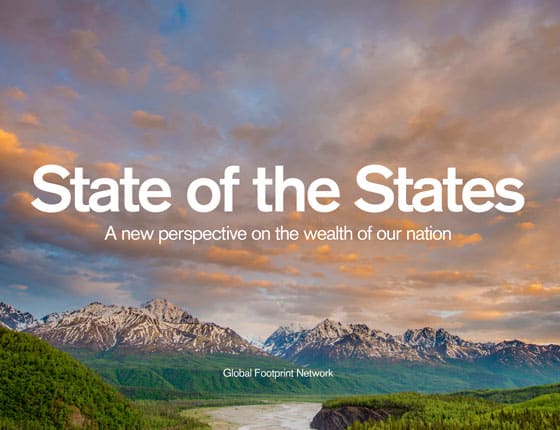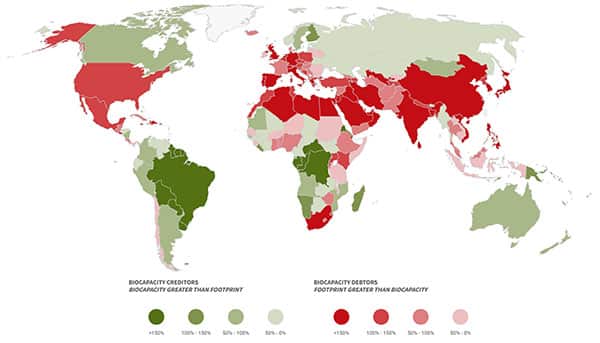
Global Footprint Network helps national governments understand and manage their natural resources, make confident policy decisions, and create a prosperous future.
Ecological resources are at the core of every country’s long-term wealth. Yet population growth and consumption patterns are putting more pressure on these critical assets.
Today, the majority of countries in the world are running ecological deficits, using more natural resources than ecosystems within their borders can regenerate. Others depend heavily on resources from elsewhere, which are under increasing pressure. In some areas of the world, the implications of ecological deficits can be devastating, leading to resource loss, ecosystem collapse, debt, poverty, famine, and war.
The Ecological Footprint is a resource accounting tool that helps countries understand their ecological budget and gives them the data necessary to manage their resources and build a secure, resilient future.
Our work with national governments includes:

Updated April 2023 In 1996, Japan was the first country to officially adopt the Ecological Footprint. Now, Global Footprint Network works with Ecological Footprint Japan to serve. View Case Study

Updated May 2022 In December 2006, Switzerland became the first country to work with Global Footprint Network to examine and understand its Ecological Footprint and biocapacity results. View Case Study

For the past half-century, the Philippines has run an ecological deficit, with its population demanding more renewable resources than the nation’s own ecosystems can provide. Although per. View Case Study

In 2015, the Ecological Deficit Day of the United States landed on July 14, according to our new report, “State of the States: A New Perspective on. View Case Study
The foundation of all Ecological Footprint accounting at the national level is the National Footprint and Biocapacity Accounts, which track human demand on nature and our nature’s capacity to meet that demand for more than 200 nations. Updated every year, the National Footprint and Biocapacity Accounts are now available in their entirety for anyone to download on our Ecological Footprint Explorer open data platform.

The economic vitality of nations depends on increasingly scarce ecological assets. Our interactive map shows which countries are running an ecological deficit (red) or have an ecological reserve (green).